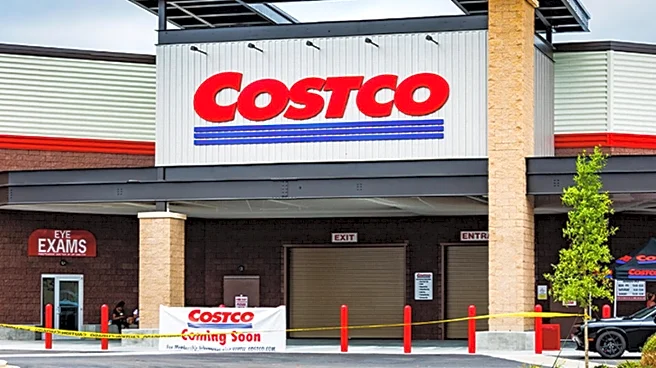What's Happening?
Costco's premium gasoline is typically rated at 91 octane, which may not be suitable for high-performance vehicles requiring 93 octane. The octane rating is crucial for engines with high compression or forced induction, as lower octane fuel can cause
detonation, potentially damaging the engine. Costco's FAQ indicates variability in octane ratings, prompting owners of luxury cars like the Bugatti Chiron to verify the octane level at specific stations. The difference in octane ratings can affect engine performance, limiting horsepower if the fuel is not optimal.
Why It's Important?
The octane rating of gasoline is significant for vehicle performance and engine health, particularly for high-performance cars. Using lower octane fuel can lead to engine damage and reduced performance, impacting the vehicle's efficiency and longevity. For consumers, understanding octane ratings is essential to ensure their vehicles operate at optimal levels. The variability in Costco's octane ratings highlights the need for consumers to be informed about fuel choices, especially for luxury and high-performance vehicles.
What's Next?
Consumers with high-performance vehicles may need to research specific Costco locations to ensure they receive the appropriate octane rating for their cars. This may involve checking station-specific information or consulting with Costco representatives. The issue may prompt discussions on standardizing octane ratings across gas stations to provide consistent fuel quality for all consumers.
Beyond the Headlines
The discussion around octane ratings underscores the importance of consumer awareness in fuel choices and vehicle maintenance. It highlights the need for transparency in fuel labeling and the potential impact of fuel quality on vehicle performance. This issue may lead to broader conversations about fuel standards and consumer rights in the automotive industry.















